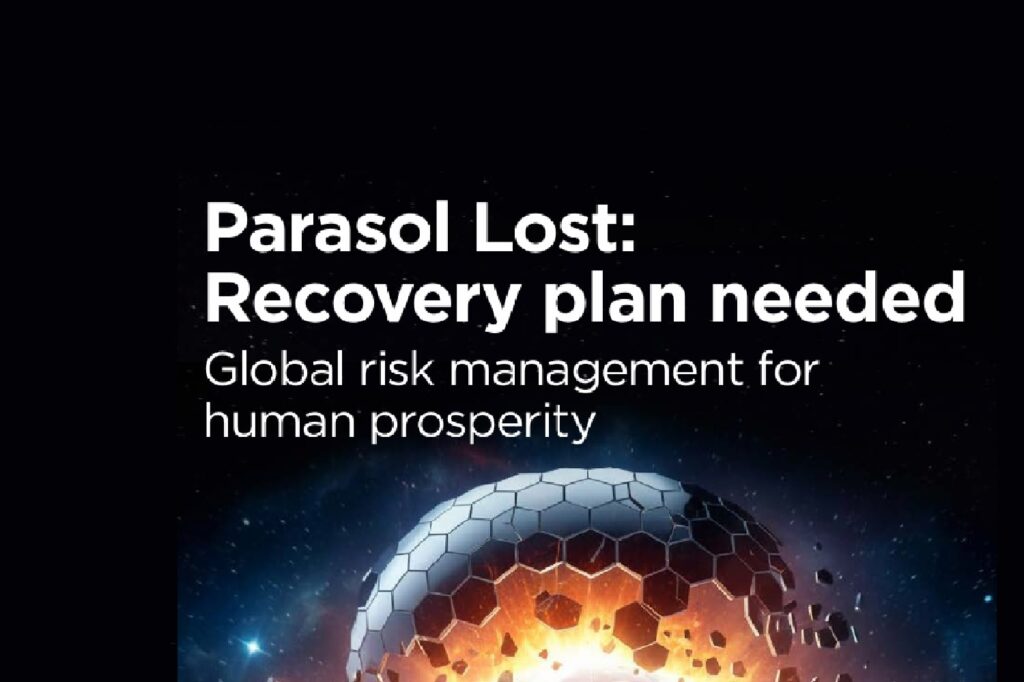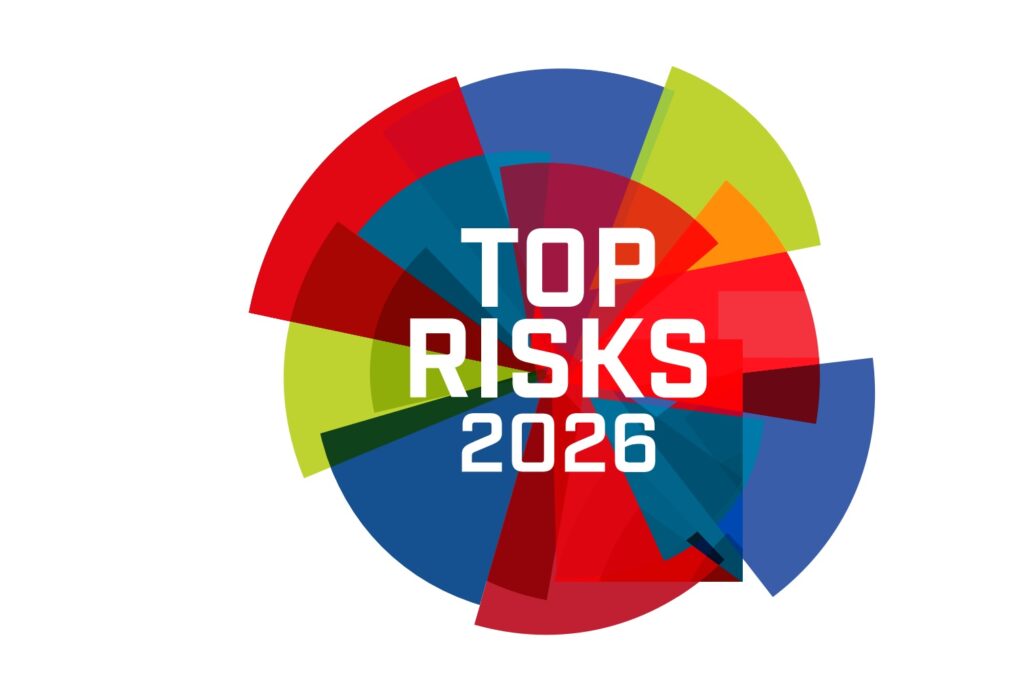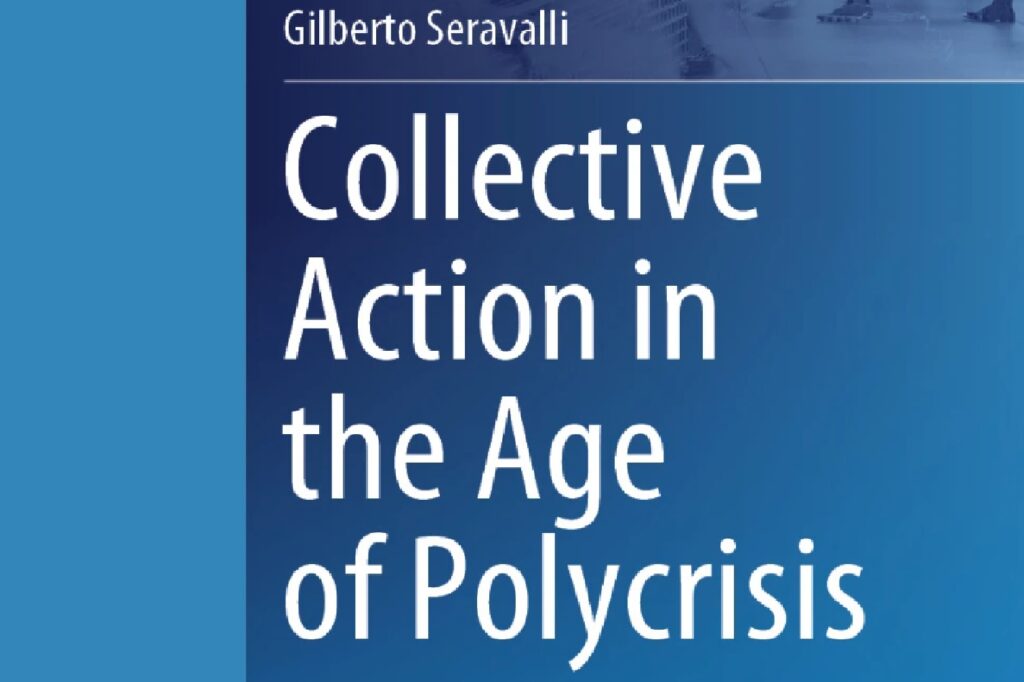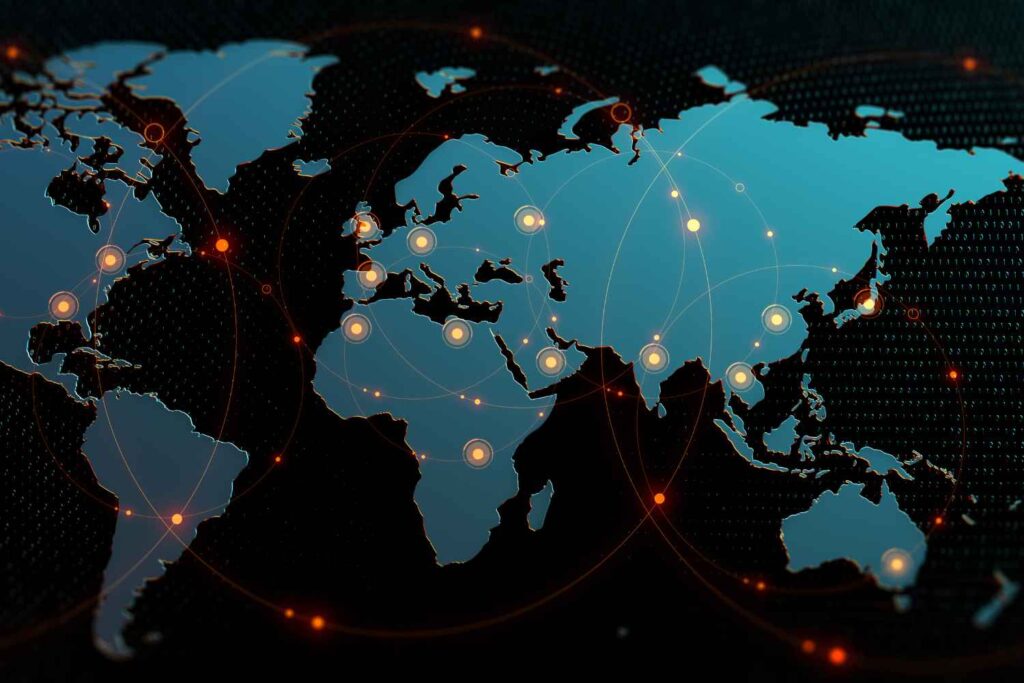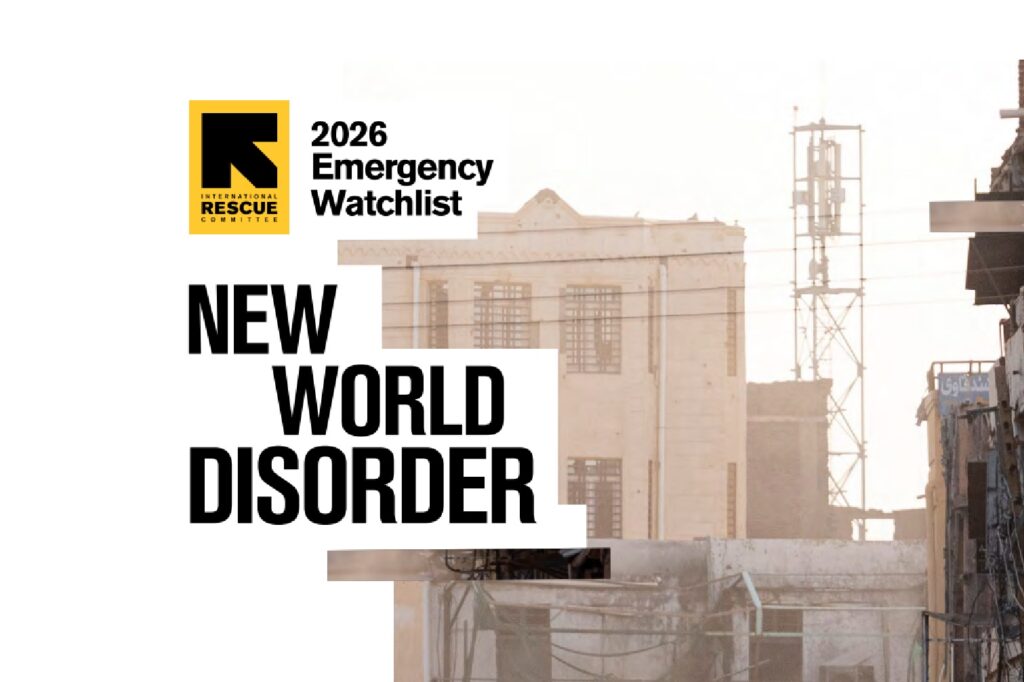Flattening the Curve on Societal Crisis: Lessons from History
The authors argue that today’s polycrisis, marked by climate change, inequality, and institutional fragility, echoes recurrent structural challenges seen throughout history. While most historical crises led to violence and collapse, a small number were successfully averted through transformative reforms. Drawing on these rare cases, the authors outline three critical policy lessons: reverse rising inequality to […]
Flattening the Curve on Societal Crisis: Lessons from History Read More »






